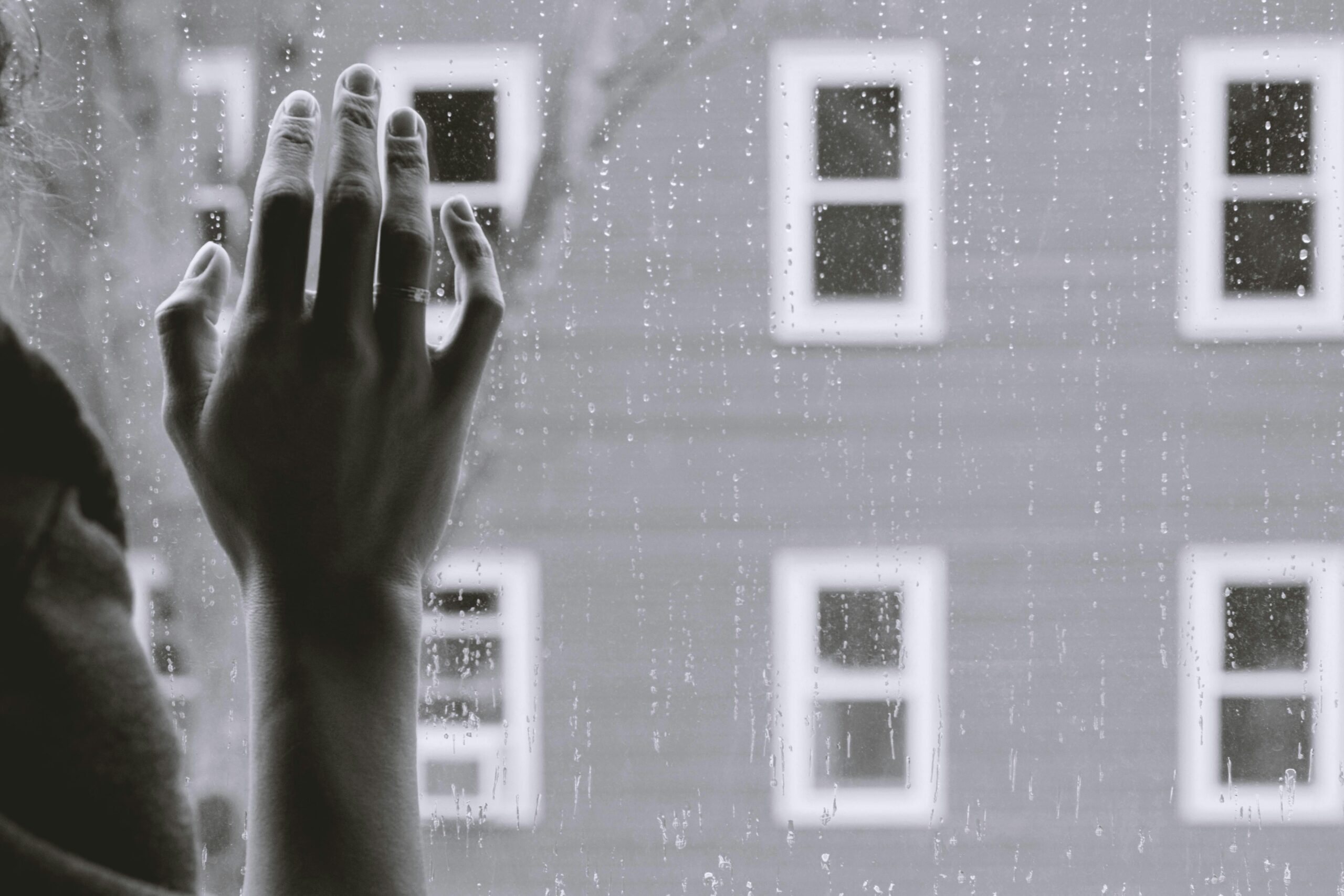
It’s been a while since I posted anything here on mental health. That’s probably a good thing for me personally. It’s hard for me to write about mental health when my mental health is good. It’s much easier to write about it during a flare up. The bad thing is I’m failing at my goal of moving the mental health conversation forward. So, here I am trying to get back into it.
I read an article in Vox recently called “The future of mental health care might lie beyond psychiatry” (they don’t seem to capitalize their titles over at Vox). It’s an intriguing headline, or at least I thought it was, but it left me dissatisfied. I can’t decide if it’s the subject of the article that rubbed me the wrong way or if it was the writing of the article. Maybe it’s a little of both. I want to explore that here.
First, a summary of the article in case you didn’t click the link above. It starts with some statistics. There are only 62 psychiatrists all of Ghana with a population of 32 million. And Zimbabwe only has 19 psychiatrists to serve 15 million people. And Uganda has only 47 psychiatrists to serve a population of 48 million. America, in contrast, has over 45,000 psychiatrists serving a population of 333 million people. That’s quite the disparity. And a lot of people say that America is underserved.
To cope, “. . .these nations have been serving as a proving ground for a model called community-based care, where non-specialist providers or lightly trained laypeople. . .deliver brief mental health interventions in informal settings like homes or parks.” This model has several advantages over traditional psychiatry. First, it is much cheaper and scalable. Second, it is evidence based and seems to work well. Third, it takes advantage of the culture of the people it is serving.
In Zimbabwe, they have something called Friendship Bench. They have “grandmothers” (middle aged or older women) sit on the benches and talk to whomever seeks help. They get some training to recognize the symptoms of anxiety and depression and engage in a kind of talk therapy. The volunteers for Friendship Bench and other, similar organizations are better at getting people to come out for therapy and can deliver therapeutic results for under $250 a year.
The next part of the article does warn that some of the lay providers overstep their training and try to help with more serious issues. But they seem to dismiss this objection by saying that they can incorporate knowing their bounds into the training.
Finally, the article talks about how poor countries are exporting community-based care to places like the US. New York is currently experimenting with Friendship Benches to positive feedback. There’s a Ugandan organization called StrongMinds that’s running a pilot in New Jersey. It’s too early to tell if they will be as successful here as they are in Uganda and Zimbabwe.
That’s the gist of the article. It goes into more detail and provides more examples, but you get it. Now for my problems. With the article, the way it is written, I have a few issues. First, there isn’t a real counterargument. I find it very hard to believe that these programs are all sunshine and rainbows, but the article doesn’t tell us what the downsides are. Also, there’s a surprising lack of detail. We are told repeatedly that lay people receive training, but we don’t know anything about the training except that it can be done in weeks or months.
There also seems to be problems with community-based care itself from what I can tell in the article. First, it doesn’t acknowledge the different levels of intervention that are already present in rich countries like the US. It only talks about Psychiatrists and lay people. In America, there are lots of options. You can start with a bartender or pastor. There are licensed therapists. There are hotlines to call. There is internet-based therapy. There are support groups. There are nurses and APRNs. Yes, there are psychiatrists, but most people with mental illness never get to them. It seems like adding community-based care is as likely to confuse as it is to help.
Next, community-based care doesn’t seem to notice the cultural differences between places like Ghana and the United States. Just because it works in places with strong a community culture doesn’t mean it will work in places with a more individualistic culture. I often talk about how finding a therapist is like dating. It takes time and effort to find one that you’re compatible with. I find it hard to believe that I could ever be comfortable talking to a stranger on a bench.
Finally, the whole thing seems exploitive. For once it’s not exploitive for the patients, but it is for the care givers. Not once in the article did it mention the lay people or the grandmothers getting paid. No wonder it’s so cheap. That might have been an oversite in the article, but it would be a major oversite.
Realistically, the problem with mental health care in America is not that we don’t have enough community-based solutions. That’s what support groups are. Church groups, AA meetings, Facebook forums are all community groups that people can access relatively easily. The article ignores all the community resources that already exist. The real problem we face is one of access to professional mental health services. Too many Americans are uninsured and too many insurance plans don’t have good mental health benefits. That makes it too expensive for the average person to work with licensed therapists and psychiatrists. Community-based care is already common, but it’s not enough. We need to focus on the real problem.












